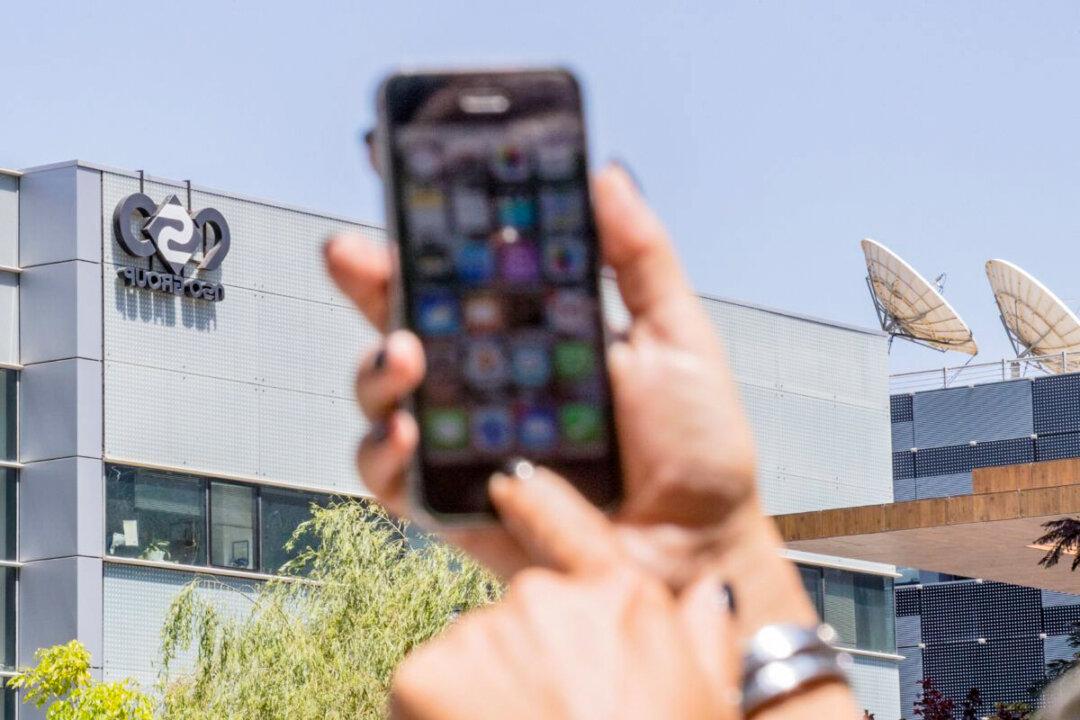Following a recent report highlighting how scammers can use Apple’s recovery key security feature to lock out iPhone users from their Apple account, Apple released a statement in response.
An article published this week from the Wall Street Journal cited multiple instances of thieves being able to lock out iPhone owners’ from their accounts. Scammers stole his iPhone at a Chicago bar and wanted to obtain cash from his bank account and prevent him from tracking the device down.





